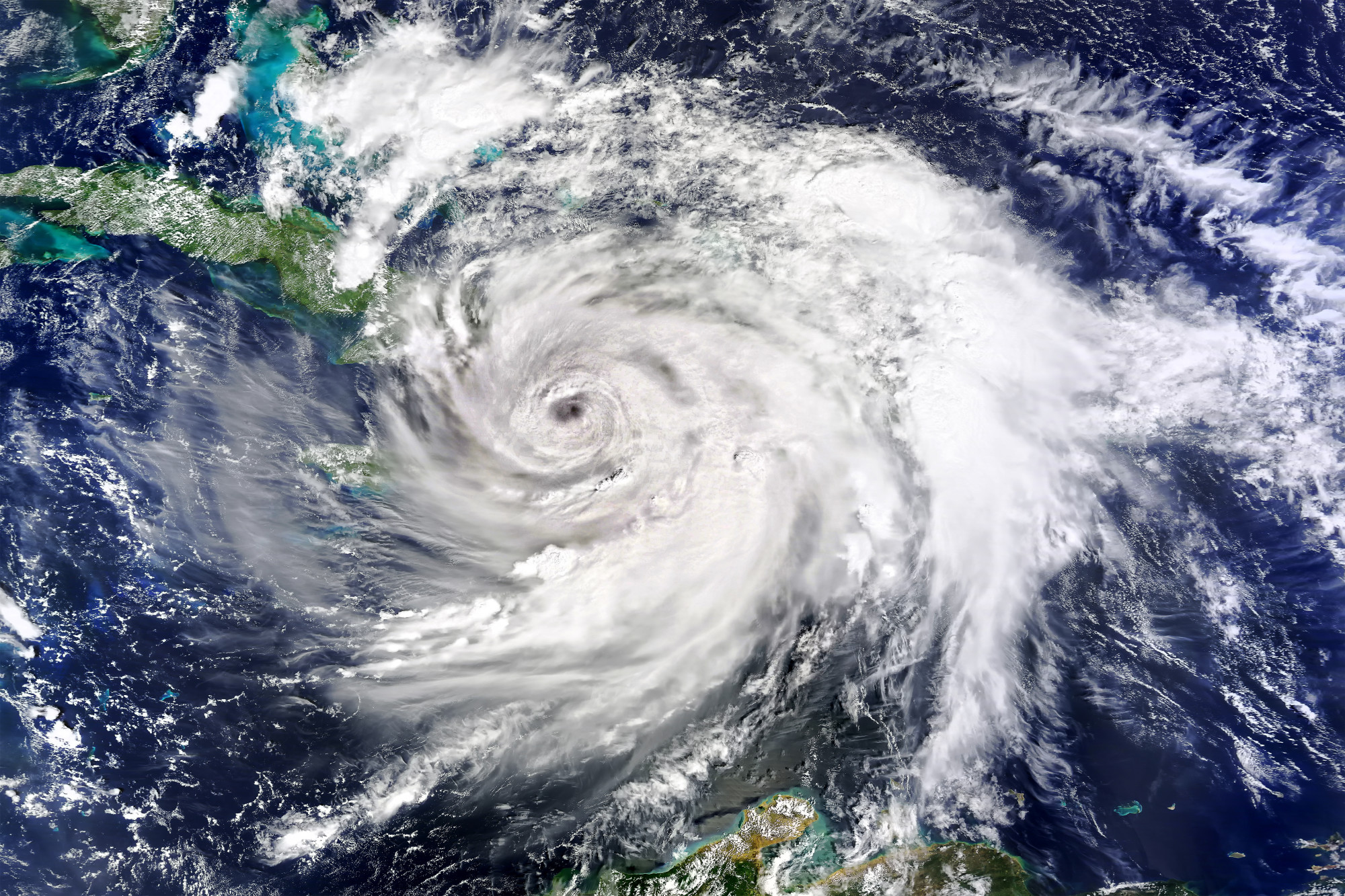
Having a hurricane rip through your town is a terrifying experience, especially if your home is in its path. Getting through the aftermath of destruction is no easy task and can leave you feeling helpless.
What can you do when your home has been destroyed by a hurricane?
There are some things you should keep in mind when dealing with your home, from hurricane insurance to caring for your property. Here is everything you should do after a hurricane strikes.
Carefully Examine Your Home
You’re going to want a clear idea of the damage done to your home before contacting anyone. Make sure you’re careful during your walkthrough; there is bound to be a lot of debris, including glass shards and other sharp objects. Wear protective gear to ensure your safety, and consider bringing a flashlight as well for any areas without light.
As long as you properly prepared for the hurricane, you shouldn’t have to worry about standing in water. However, if you left anything plugged in or turned on when the hurricane hit, you’ll have to take extra precautions. Electricity could still be flowing through any water in the home, so keep an eye out.
Take detailed notes on the different rooms in your home, as well as the roof and outside area around your home. You’ll need to report any damaged or destroyed property, so be thorough in your inspection.
Figure Out What’s Missing or Destroyed
Along with examining your home as a whole, you’ll want to check your furniture, electronics, and other property inside of your home. Review everything that’s left inside of your home and jot down anything that’s damaged.
If you discover that something is missing, you’ll want to list that as well. While not everything can be replaced with hurricane insurance, you may be able to be compensated for missing items like electronics or furniture. Sentimental items or items with little value likely can’t be replaced, but make note of them regardless.
Contact Your Insurance Agent About Your Hurricane Insurance
Once you’ve finished giving your home a thorough inspection, it’s time to contact your insurance agent. They will be able to give you an idea of where you can go from here.
There are a few questions you should ask your agent, such as:
- What exactly does my hurricane insurance cover?
- What steps should I take next?
- Is there additional information I should gather about my home?
- How long will it take for my insurance company to get back to me?
Your agent will be able to fill you in on any additional steps you’ll need to take, so take notes and be resourceful.
Contact Your Insurance Company
It’s likely that your agent’s first step will be to call your insurance company. If you don’t have an agent, then you’ll need to start by calling the company directly instead. They are the ones who you will need to report damage and missing items for further assistance.
There is a chance that you will have to contact more than one insurance company; for example, if your car was damaged, you will need to talk to them rather than your home insurance company. Get in contact with any companies necessary and report the dama
Start Creating Documentation of Damage
You’re going to want to have physical and digital documentation available detailing all of the damage done to your property. That way, you’ll have a personal record available as proof for your insurance companies.
For further evidence, you may want to take pictures or videos of your home for later use. These will help you when filing a claim. Be as detailed as you can with any documentation and file it all safely in one place.
Learn Your Rights
While you’re filing your claim, you’re going to want a good understanding of your insurance policies and rights relating to hurricane and flood damage. Read up on your insurance provider’s hurricane and flood policies to help you through the process and to know what is and isn’t covered. Your insurance agent should also be able to help you with this process.
If you don’t have flood insurance, your agent can help you find a provider who will cover the damages. If all else fails, you can also hire a hurricane lawyer to assist you with the claim filing process.
Determine if You Can Stay in Your Home
Unfortunately, there’s a strong possibility that you won’t be able to stay in your home after a hurricane due to structural instability. If you find that your home is unsafe to stay in during the rebuilding process, you’ll need to find another place to stay.
With any luck, you should have planned out alternate living arrangements ahead of time; if not, ask your lawyer or insurance agent about possible places you can stay until your home is livable again.
Continue Paying Your Mortgage
Even if you are unable to live in your home, you will need to continue paying your mortgage monthly so that it doesn’t get repossessed. Make sure you stay on top of your payments and keep in contact with your landlord or bank about your situation.
If you are unable to make your mortgage payments, you’ll want to speak with your lawyer or insurance agent about your options. There may be loans or services that can help you pay your mortgage during this difficult time.
Hurricanes Aren’t the End
Hurricane insurance can cover a world of hurt, but don’t forget about your own responsibilities after a serious natural disaster. Keep these tips in mind if you ever have to live through a hurricane destroying your home.
Have you ever had to deal with hurricane damage? What was your experience like, and how did you cope?
We’d love to hear your thoughts. Leave a comment down below and continue reading our blog for more advice.
Leave a Reply